Clinical Evaluation
Clinical evaluation is the process of collecting and evaluating clinical data related to medical devices to verify safety, effectiveness and performance, and to demonstrate conformity to relevant regulatory requirements.
Clinical evaluation is a process conducted throughout the life cycle of a medical device, it should be conducted in the process of developing a medical device to approve data for manufacturers to study and obtaining new information about the device’s safety, effectiveness and performance.
Medical device manufacturers shall meet the requirements of ISO 14155 standard when conducting clinical trials in order to prove the safety and effectiveness of the product according to the purpose of use.
-
-
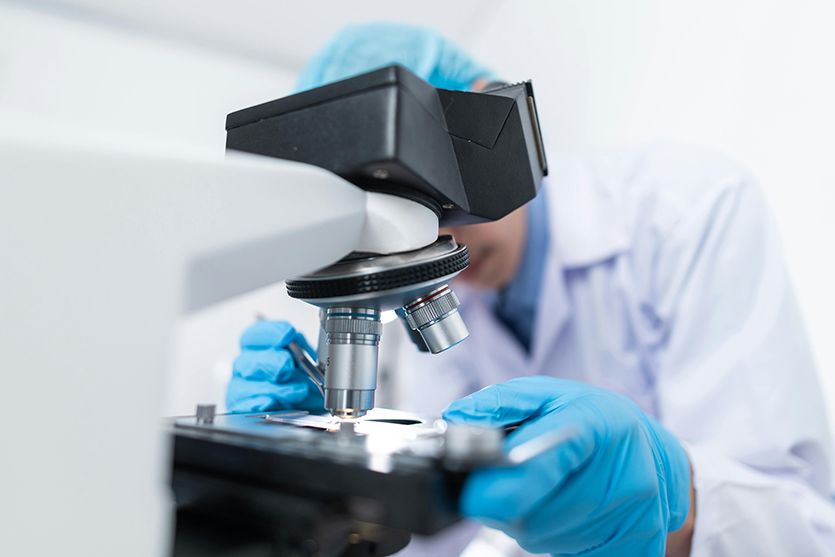
-
MDR and Clinical
Medical Device Regulation(MDR) refers to a new medical device regulation that all medical device manufacturers planning to enter the European market must comply with. MDR requires a process that enhances clinical data and evaluation processes, and manufacturers must provide clinical evaluation reports to demonstrate the safety and performance of medical devices.
For Class III and Class IIb products, clinical evaluation is mandatory, and the clinical evaluation instruction manual and PMCF plan are included.
Clinical data can be acquired by collecting data on the clinical experience of equivalent medical devices, deriving clinical results through clinical evaluation reports, and clinical evaluation using similar devices.
-
-
-
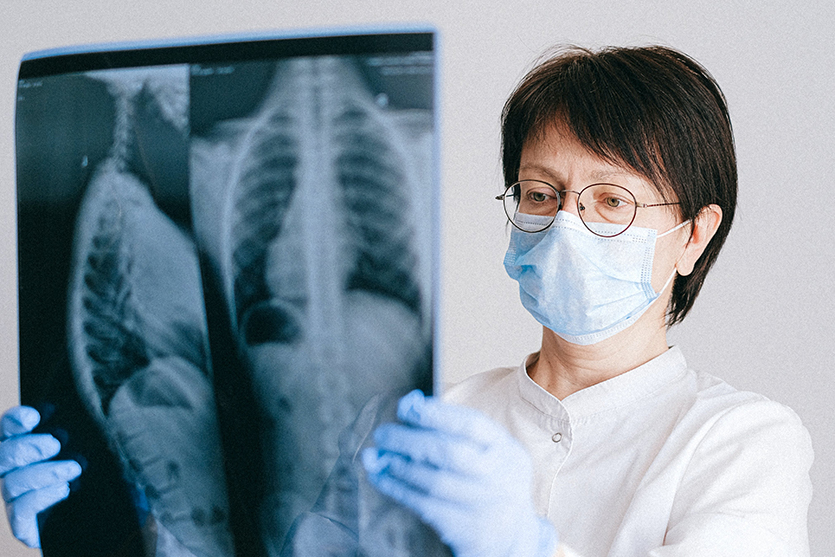
-
Stages of Clinical Evaluation
- 1. Establish a clinical evaluation plan
- 2. Creation and identification of clinical data (Literature search, clinical experience, clinical research)
- 3. Evaluation of the suitability of clinical data
- 4. Analyzing the entire data and drawing conclusion
- 5. Preparation of clinical evaluation report
-
-
-
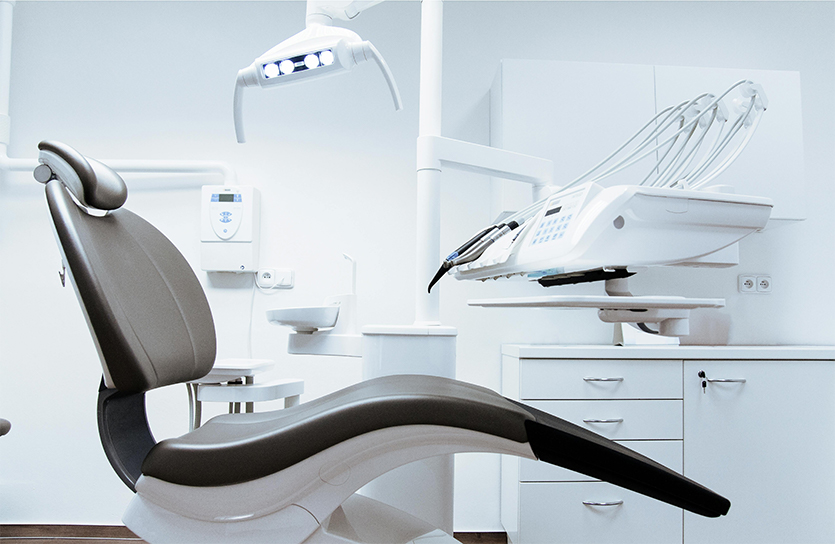
-
Prerequisite of Clinical Trial Data
Clinical trial evaluation data should include.
- Risk assessment, justification of the designed clinical trial, clinical trial stage, clinical trial brochure, clinical trial Clinical progress report, monitoring plan, reasons for selection of clinical trial region, clinical participant consent, and clinical participant identification method, etc. should be included.
- Information about the initial clinical trial region is required.
- Periodic monitoring for clinical trial region is required.
- Data on side effects or device defects is required.
-
-
-
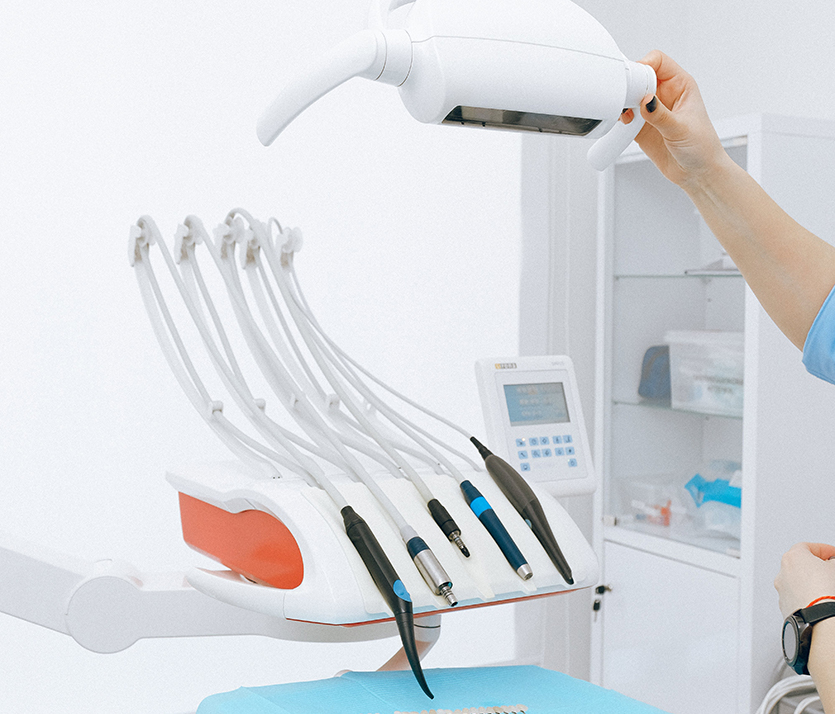
-
What is PMS?
‘PMS’ is also referred to as a post-market surveillance system and an any activity carried out by manufacturers including pre-gather and review experience gained from medical devices placed on the EU market, and to keep the collected data up to date.
Manufacturers must plan, establish, document, implement, maintain and update post-market surveillance systems for each device in a manner proportional to the risk class and appropriate for the device type. Post-market surveillance systems must be suitable for actively and systemically collecting, recording and analyzing data on the quality, performance and stability of devices over their entire life span, drawing necessary conclusions, and determining, implementing and monitoring preventive and corrective actions.
In MDR, there is an increased obligation to proactively collect post market requirements and data for manufacturers and to document and report the analysis of these post market activities and data.
-
-
-
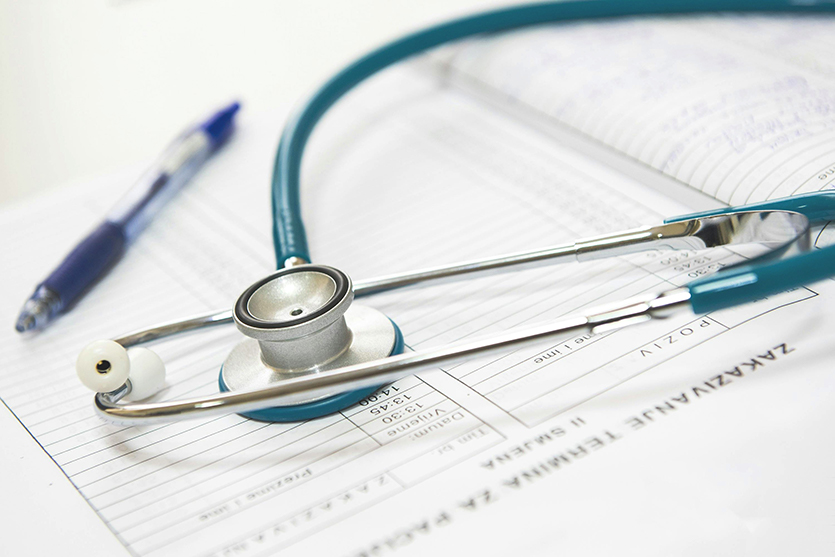
-
PMS Report Creation
1. Post-Market Surveillance Report (PMSR)Manufacturers of Class I devices are required to prepare a post-market surveillance report summarizing and analysis results and conclusions of the post-market surveillance data collected as a result of the post-market surveillance plan to prepare a rationale and explanation for prevention and correction. If necessary, the report must be updated and provided to the competent authority upon request.
2. Periodic Safety Update Report (PSUR)Manufacturers of Class IIa, Class IIb and Class III devices are required to summarize the results and conclusions of the post-analysis for each category or group of devices, as well as results of periodic safety update report (PSUR) for each device. Market surveillance data is collected as a rationale and explanation for preventive and corrective actions taken as a result of post market surveillance plans.
-
-
-
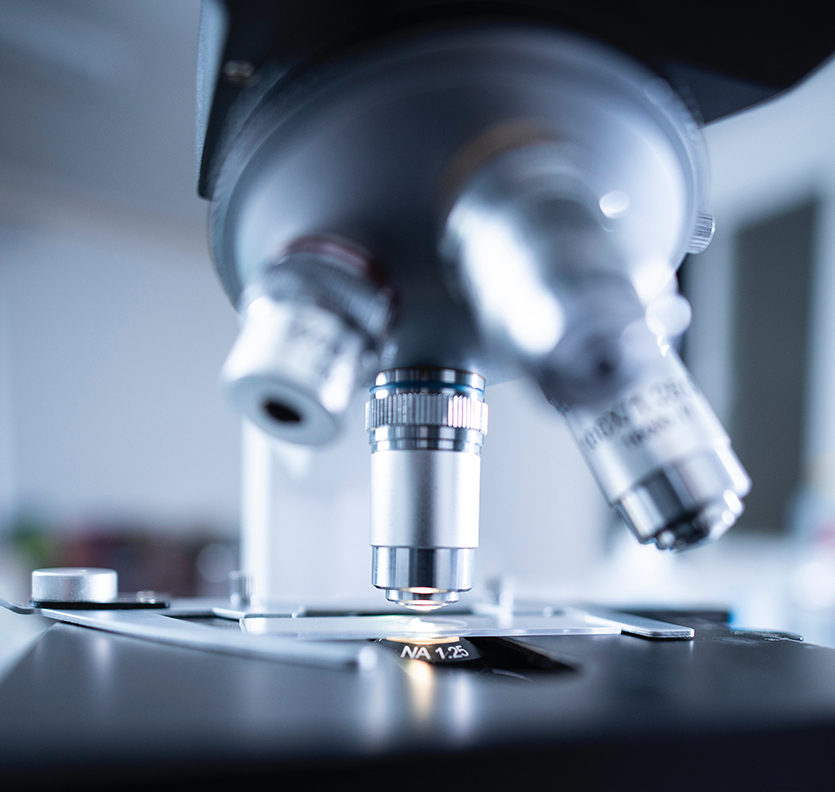
-
PMCF & PSUR
PMCF(Post-Market Clinical Follow-up), a type of PMS, is the process of collecting and updating data on clinical evaluation, which is an essential requirement of MDR. It is designed to collect and validate long-term data on the performance, safety and residual risk of medical devices. Manufacturers are required to submit clinical data obtained through PMCF and data such as PMS reports, clinical assessment reports, and risk assessment reports.
The purpose of PMCF is to verify the safety and clinical performance of medical devices, to continuously manage identified risks, and to detect risks based on factual evidence. PMCF can be achieved through new clinical studies, review of data derived from medical device registries, follow-up by customers who have conducted premarket clinical trials, or through follow-up by patients who have previously used medical devices.
The PSUR(Periodic Safety Update Report) is a document intended to provide an evaluation of the safety and performance of approved medical devices. It is the purpose of PSUR to present a comprehensive and critical analysis by identifying new risks to stability and performance.
Manufacturers of Class IIb, Class III medical devices must submit a PSUR annually, and manufacturers of Class IIa medical devices must submit a PSUR at least once every two years.
The company must submit a report on PMS data analysis to the certification body, and after reviewing the report, the certification body must register the result in EUDAMED.
-
-
-
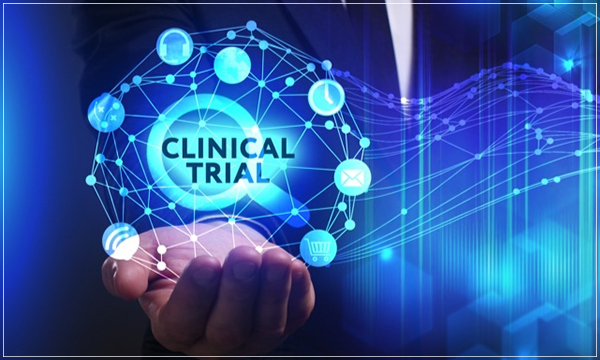
-
IGC’s Competency
IGC provides services for conducting clinical trials in partnership with DNA Technologies Pacific.
DNA Technologies Pacific performs CRO as a clinical trial consignee, and supports the creation of clinical evaluation reports, and regular safety update reports according to evaluation by incorporating the results of research from investigation which will help you effectively acquire and maintain certification.
-
Related Services from IGC
01System certification (ISO 13485, ISO 15378, ISO 14155)
02Product certification (European CE certification, clinical evaluation, medical device registration [Eurasia, China, USA, Thailand, Taiwan])
03Certification of Auditor Qualifications
04Professional manpower training and education
